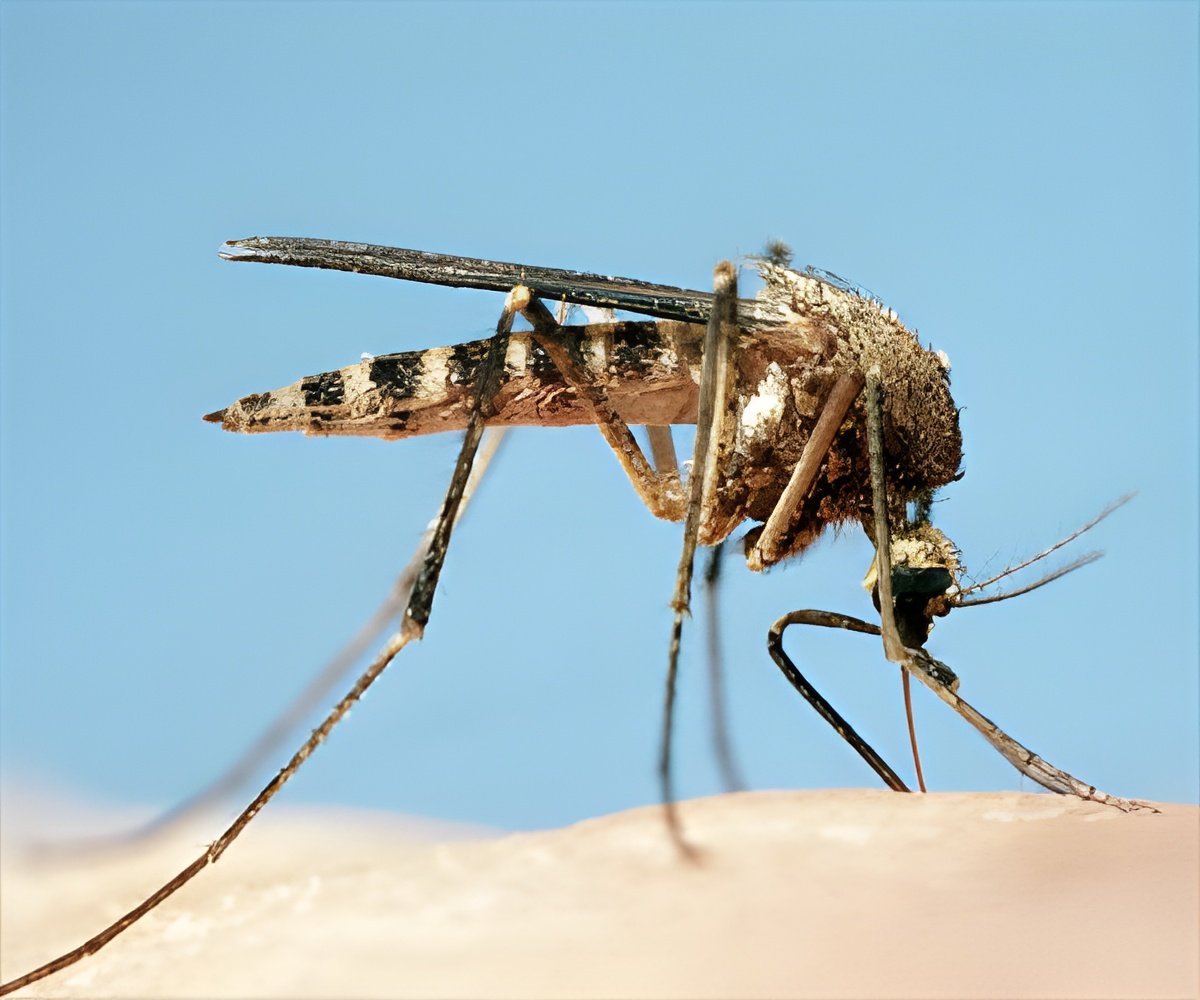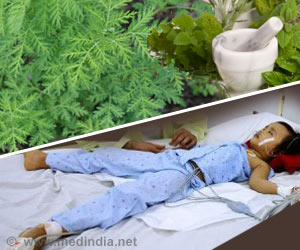Potential treatments targeting protein kinase can be a new treatment for malaria as the parasite invades red blood cells through the protein.

Professor Patrick Maxwell, chair of the MRC’s Molecular and Cellular Medicine Board said, "Tackling malaria is a global challenge, with the parasite continually working to find ways to survive our drug treatments.”
Researchers found that the protein kinase (PfPKG) actually plays a central role in the parasites overall survival in the blood. The malaria parasite relies on protein kinase to survive in the bloodstream and invade red blood cells. Once inside the body, parasites work their way around with the help of a complex process that allows them entry into key proteins needed to survive in red blood cells.
During the study, researchers used state-of-the-art methods to dissect biochemical pathways involved in keeping the malaria parasite alive, including an approach known as chemical genetics where synthetic chemicals involved a combination that introduced genetic changes to the DNA of the parasite.
Although malaria is treated with several drug combinations, the emergence of drug resistant strains is driving the search for new drugs through a better understanding of the basic biology of the parasite.
"By combining a number of techniques to piece together how the malaria parasite survives, this study opens the door on potential new treatments that could find and exploit the disease’s weak spots but with limited side-effects for patients," said Prof. Maxwell.
Advertisement












